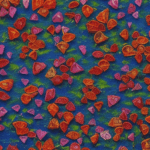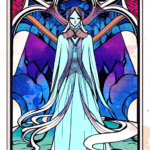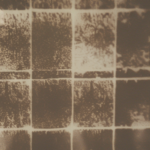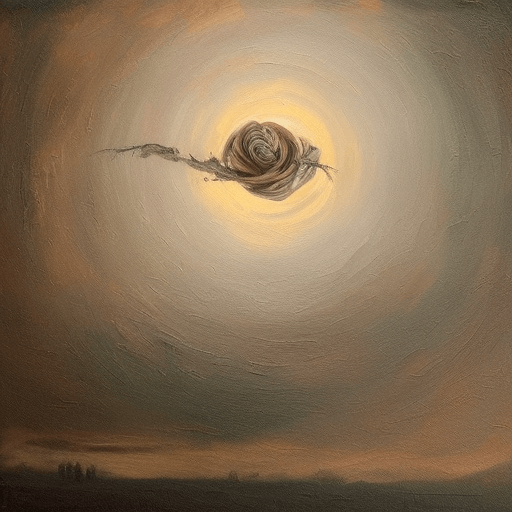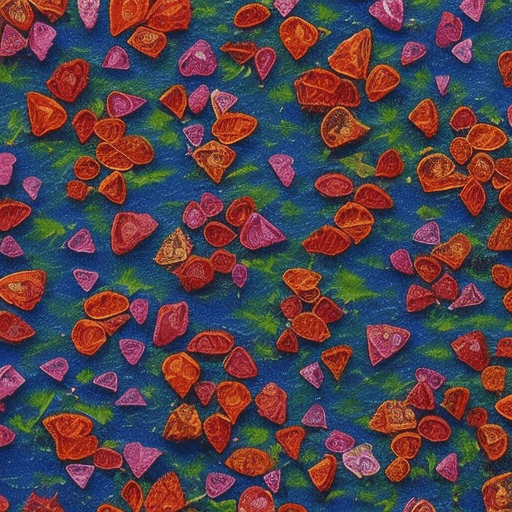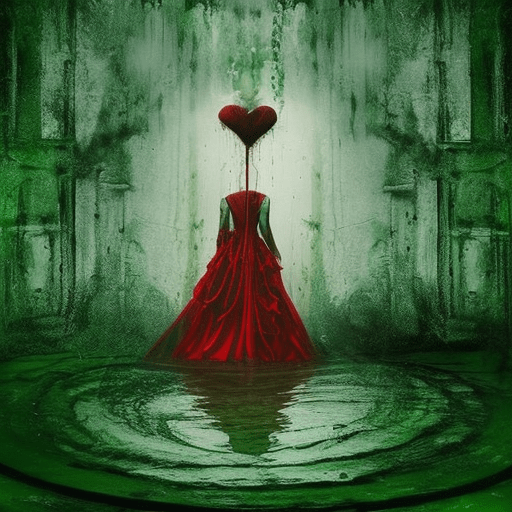One-line Summary:
Daybreak by Marcel Carné
Daybreak, directed by Marcel Carné, is a French film released in 1939. Set in the working-class neighborhoods of Paris, the movie follows Jean, a young man who becomes involved in a love triangle with two women, Nelly and Clara. As Jean’s relationships with both women intensify, he finds himself torn between his desire for freedom and his sense of duty. The film explores themes of love, betrayal, and the consequences of one’s actions.
Main Cast and Crew:
- Director: Marcel Carné
- Writer: Jacques Prévert
- Key Actors: Jean Gabin as Jean, Jacqueline Laurent as Nelly, Arletty as Clara
- Music Director: Maurice Jaubert
- Director of Photography: Roger Hubert
- Producers: Gregor Rabinovitch, Raymond Borderie
Plot:
Daybreak revolves around the character of Jean, a young man who works as a mechanic in a Parisian neighborhood. Jean is in a relationship with Nelly, a shy and innocent woman. However, their relationship becomes complicated when Clara, a seductive and mysterious woman, enters their lives. Jean is immediately drawn to Clara’s allure and finds himself torn between the two women.
As Jean’s relationship with Clara deepens, he becomes increasingly distant from Nelly. Clara, aware of Jean’s conflicting emotions, manipulates him to her advantage. Jean’s struggle between his desire for freedom and his sense of duty towards Nelly forms the central conflict of the film.
As the story progresses, Jean’s actions have severe consequences. The love triangle leads to betrayal, heartbreak, and tragedy. Jean’s journey becomes a reflection of the complexities of human relationships and the moral dilemmas one faces when torn between conflicting desires.
Themes and Motifs:
Daybreak explores themes of love, desire, and the consequences of one’s actions. It delves into the complexities of human relationships and the moral dilemmas individuals face when torn between conflicting emotions. The film also examines the power dynamics between men and women, as Clara manipulates Jean to fulfill her own desires.
The motif of day and night is prevalent throughout the film, symbolizing the contrast between light and darkness, truth and deception. This motif underscores the characters’ internal struggles and the choices they make.
Reception and Legacy:
Upon its release, Daybreak received critical acclaim for its powerful performances and its exploration of complex emotions. The film was praised for its atmospheric cinematography and the nuanced portrayal of its characters. It was considered a significant contribution to French cinema of the time.
Daybreak went on to receive several awards and nominations, including the prestigious Louis Delluc Prize. Marcel Carné’s direction and Jacques Prévert’s screenplay were particularly lauded.
The film’s lasting impact can be seen in its influence on subsequent French cinema. Daybreak is often regarded as a classic of French poetic realism, a movement that sought to depict the harsh realities of life in a poetic and lyrical manner. It continues to be studied and celebrated for its exploration of human emotions and its visual storytelling.
Recommendation:
Daybreak is a must-watch for fans of classic French cinema. Its compelling performances, intricate plot, and exploration of complex emotions make it a timeless masterpiece. The film’s atmospheric cinematography and poetic storytelling create a captivating viewing experience.
Memorable Quote:
“We only love once, and that’s the first time. The rest is just a pale imitation.”

